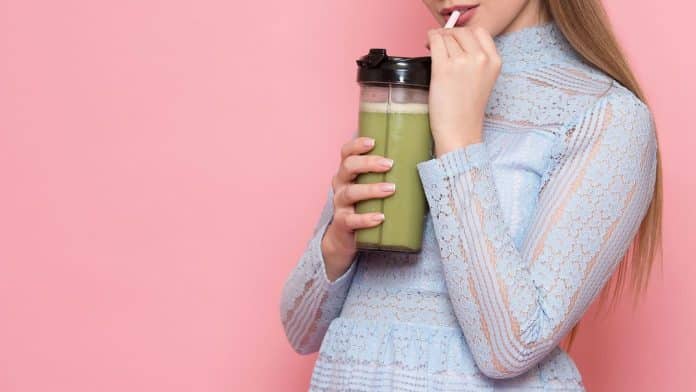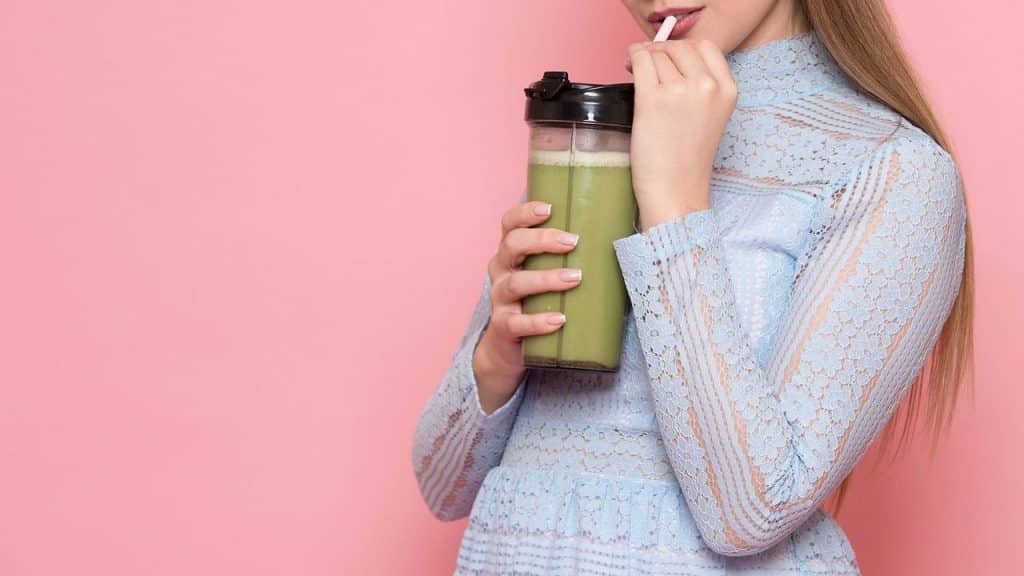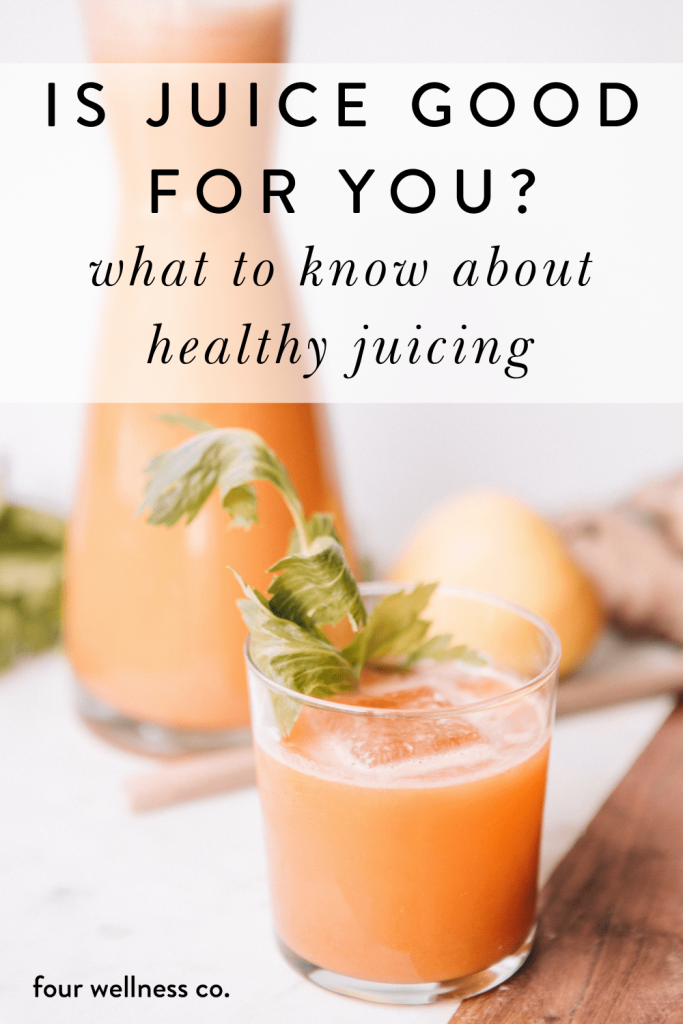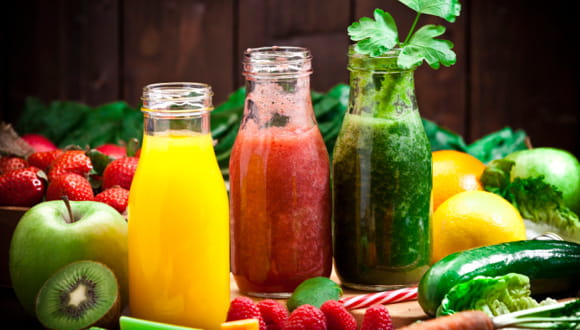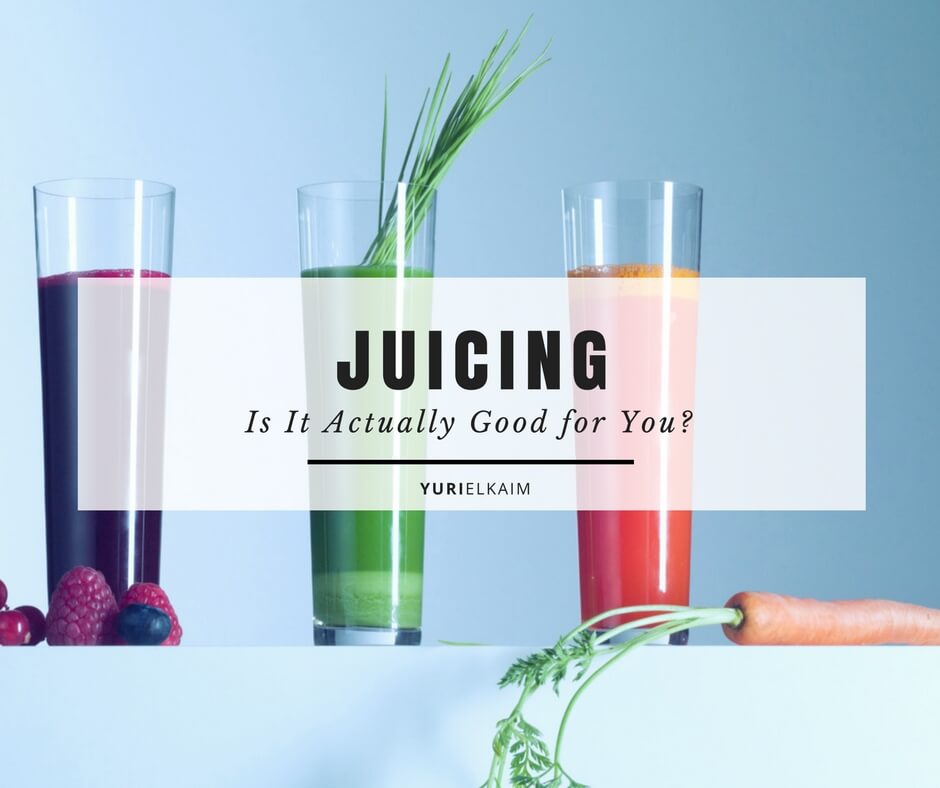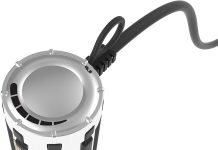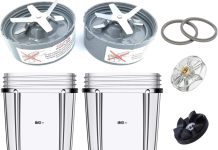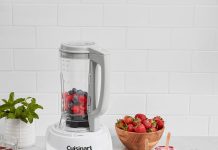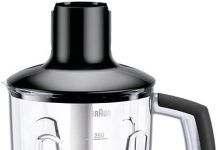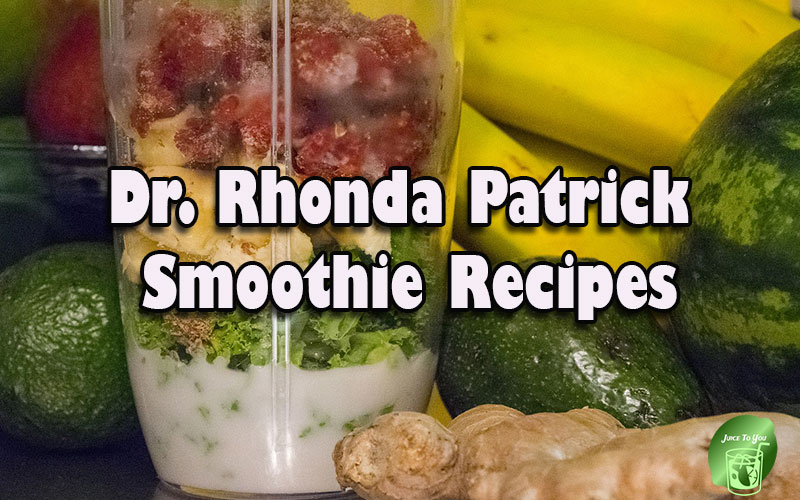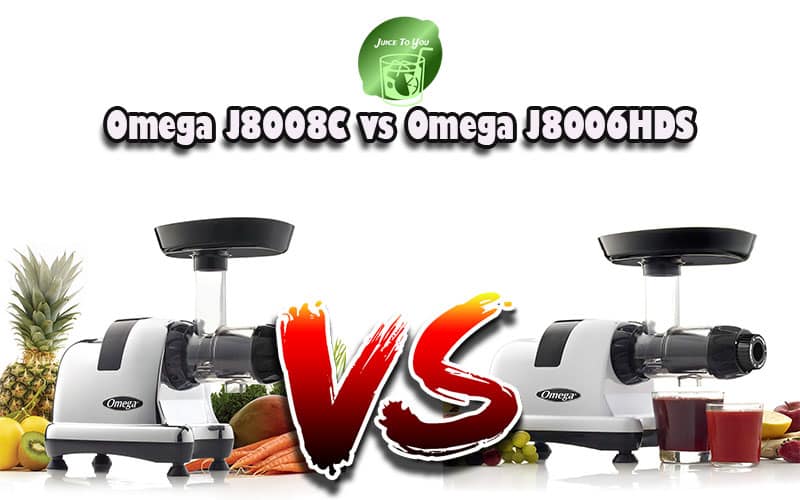We’ve all heard the buzz around juicing – the claims of increased energy, glowing skin, and improved health. But is juicing good for you?
In this article, we explore the pros and cons of juicing, examining the potential benefits and drawbacks.
From providing a concentrated dose of nutrients to potential blood sugar spikes, we dive into the science behind juicing to help you make an informed decision about incorporating it into your lifestyle.
So grab a glass of fresh juice and join us as we uncover the truth about juicing.
Review contents
The Pros of Juicing
Increased Nutrient Absorption
One of the main benefits of juicing is the increased absorption of nutrients from fruits and vegetables. When we juice our produce, it removes the insoluble fiber, making it easier for our bodies to extract the vitamins, minerals, and enzymes. This allows us to quickly absorb a concentrated dose of nutrients our digestive system can absorb.
Easy Way to Consume More Fruits and Vegetables
Many of us struggle to meet the recommended daily intake of fruits and vegetables. Juicing provides a convenient solution to this problem. Juicing various fruits and vegetables can quickly increase our consumption and reap the associated health benefits. It’s a quick and delicious way to get a wide range of nutrients in just one glass.
Boosts Immune System
Juicing can also give our immune system a much-needed boost. Fruits and vegetables are rich in immune-boosting vitamins and antioxidants, which help protect our bodies against harmful pathogens and strengthen our immune response. Regularly incorporating juicing into our diet can support our immune system and enhance our overall health.
Improved Digestion
For those who struggle with digestive issues, juicing can provide relief. Since juicing removes the insoluble fiber, our digestive system can more easily break down and absorb the nutrients. This can help alleviate bloating, gas, and indigestion, promoting a more comfortable digestive experience.
Promotes Hydration
Staying hydrated is crucial for our overall health and well-being. Juicing can be a great way to boost our fluid intake, especially for those who struggle to drink enough water throughout the day. We can replenish our fluid levels and adequately hydrate our bodies by juicing hydrating fruits and vegetables.
The Cons of Juicing
Loss of Fiber
While juicing offers numerous benefits, it does come with some downsides. One significant drawback is the loss of fiber. Insoluble fiber, found in the skin and pulp of fruits and vegetables, promotes healthy digestion and keeps us feeling full. We may miss out on some of these benefits by removing fiber during juicing.
High Sugar Content
Another concern with juicing is the potential for high sugar content. Fruits are naturally sweet and contain fructose, a type of sugar. When we juice large quantities of fruits, we can consume a concentrated amount of sugar without the balancing effect of fiber. This can lead to spikes in blood sugar levels and potentially contribute to weight gain and other health issues.
Potential for Weight Gain
Despite its association with weight loss, juicing can have the opposite effect if not done in moderation. As mentioned earlier, juicing can result in a high sugar intake, leading to weight gain over time. Some juicing recipes may also include calorie-dense ingredients, such as nuts and seeds, which can contribute to weight gain if consumed excessively.
Expense and Time-Consuming
Juicing can also be costly and time-consuming. It requires investing in a quality juicer and purchasing fresh produce regularly. Additionally, the preparation and cleanup involved in juicing can be quite time-consuming. For those with busy lifestyles or tight budgets, these factors may make juicing less practical as a long-term dietary approach.
Lack of Protein and Healthy Fats
While fruits and vegetables are undeniably nutrient-dense, they generally lack protein and healthy fats. These macronutrients are essential for various bodily functions and should be included in a well-rounded diet.
Juicing alone may not provide sufficient amounts of protein and healthy fats, so it’s essential to ensure that we incorporate other sources of these nutrients into our diet.
The Impact on Blood Sugar
Rapid Sugar Absorption
Juicing can lead to rapid sugar absorption due to the absence of fiber. When we consume juice, the natural sugars are quickly absorbed into our bloodstream, causing a spike in blood sugar levels. This can be problematic for individuals with diabetes or those who are insulin-resistant, as it can disrupt blood sugar control and lead to adverse health effects.
Fiber’s Role in Stabilizing Blood Sugar
Fiber plays a crucial role in stabilizing blood sugar levels. When we consume whole fruits and vegetables, the fiber slows down the release of sugar into our bloodstream, preventing sharp spikes and crashes in blood sugar.
By removing the fiber during the juicing process, we lose this beneficial effect, potentially impacting blood sugar regulation.
Juicing vs. Blending
Juicing: Extracting Liquid and Discarding Fiber
Juicing involves extracting the liquid from fruits and vegetables while discarding the fiber-rich pulp. The result is a nutrient-dense juice that is easier to digest and absorb. However, as mentioned earlier, this process removes the insoluble fiber, crucial in supporting healthy digestion and regulating blood sugar levels.
Blending: Retaining Fiber in Smoothie Form
Blending involves blending whole fruits and vegetables, including fiber-rich components, into a smoothie. This method retains the fiber, allowing for slower digestion and a more gradual release of sugar into the bloodstream.
Blending can be preferable for those who want to maximize their fiber intake and maintain stable blood sugar levels.
Detoxification and Cleansing
The Theory Behind Detox Diets
Juicing is often associated with detoxification and cleansing diets. The idea behind these diets is that consuming only juice for some time can detoxify our bodies and eliminate toxins. However, it’s important to note that detoxing through juicing lacks scientific evidence and is not supported by mainstream medical professionals.
Lack of Scientific Evidence
While some individuals may report feeling more energized or experiencing other subjective benefits during a juice cleanse, there is a lack of scientific evidence to support the effectiveness of detox diets. Our bodies have organs like the liver and kidneys that naturally detoxify and eliminate toxins. Eating a balanced diet with various whole foods is generally considered a healthier approach to supporting our body’s natural detoxification processes.
Potential Risks and Side Effects
Engaging in a prolonged juice cleanse or heavily relying on juicing as a form of nutrition can pose potential risks and side effects. Some individuals may experience nutrient deficiencies, compromised immune function, muscle loss, and a slowed metabolism. It’s essential to approach detoxification and cleansing practices cautiously and consult a healthcare professional before making any drastic dietary changes.
Juicing for Weight Loss
Initial Weight Loss
Juicing has often been promoted as a quick solution for weight loss. While it may lead to initial weight loss due to the reduced calorie intake, this is often primarily water weight and not sustainable in the long term. Once standard eating patterns are resumed, the lost weight may be regained.
Difficulty in Sustained Weight Loss
Sustaining weight loss solely through juicing can be challenging. Juices are typically low in protein and healthy fats, essential for satiety and supporting lean muscle mass. Additionally, the high sugar content in some juices can trigger cravings and hunger, making it challenging to stick to a juice-only diet in the long run.
The Importance of Balanced Nutrition
When it comes to weight loss, adopting a sustainable and balanced approach is critical. Incorporating juicing as part of a well-rounded, nutrient-dense diet that includes a variety of whole foods is more likely to lead to sustained weight loss.
Focusing on creating a calorie deficit through portion control, regular physical activity, and incorporating adequate protein, healthy fats, and complex carbohydrates into our meals is essential.
Juicing for Gut Health
Promoting a Healthy Gut Flora
The health of our gut plays a vital role in our overall well-being. Juicing can contribute to healthy gut flora by providing a rich source of antioxidants and nutrients that support the growth of beneficial bacteria. The fiber in blended juices can also act as a prebiotic, nourishing the gut microbiota.
Improvements in Digestive Disorders
Juicing can relieve individuals with digestive disorders, such as irritable bowel syndrome (IBS) or inflammatory bowel disease (IBD). Removing insoluble fiber during juicing can reduce the strain on the digestive system, alleviating symptoms such as bloating, gas, and diarrhea. However, it’s essential to work with a healthcare professional and ensure that juicing is appropriate for the specific condition.
Caution in Certain Medical Conditions
While juicing can benefit many individuals, caution should be exercised in certain medical conditions. Individuals with diabetes should monitor their blood sugar levels closely and consult a healthcare professional before incorporating juicing into their diet.
Juicing may also be unsuitable for those with kidney disease or certain gastrointestinal conditions, as it can exacerbate specific symptoms or disrupt medication absorption.
Juicing for Skin Health
Antioxidant Properties
Juicing can positively affect our skin health due to its high content of antioxidants. Antioxidants help protect our cells from damage caused by harmful free radicals, which can contribute to premature aging and skin damage. By regularly consuming juices rich in antioxidants, we can enhance our skin’s natural defenses and promote a youthful appearance.
Hydration and Moisture
Proper hydration is essential for maintaining healthy skin. Juicing can help hydrate our bodies and provide essential vitamins and minerals for skin health. Additionally, the high water content in fruits and vegetables used for juicing can contribute to skin hydration and moisture, promoting a glowing complexion.
Benefits for Acne and Aging
Certain fruits and vegetables commonly used in juicing, such as berries, citrus fruits, and leafy greens, are known for their potential benefits in reducing acne and delaying signs of aging. The vitamins and minerals in these ingredients can help combat inflammation and promote collagen production, improving the overall appearance and health of the skin.
The Role of Antioxidants
Understanding Antioxidants
Antioxidants are compounds found in fruits and vegetables that help neutralize harmful free radicals in our bodies. Free radicals are unstable molecules that can damage our cells and contribute to various health issues, including heart disease, cancer, and premature aging. By consuming antioxidant-rich foods through juicing, we can enhance our body’s natural defense against these damaging compounds.
Sources of Antioxidants in Juicing
Juicing can provide a concentrated source of antioxidants from various fruits and vegetables. Like blueberries, strawberries, and raspberries, berries are exceptionally high in antioxidants. Other excellent sources include leafy greens, citrus fruits, and colorful vegetables like carrots and beets. We can maximize our antioxidant intake by incorporating a diverse range of these ingredients into our juices.
Impact on Overall Health
Consuming an antioxidant-rich diet through juicing can positively impact our overall health. Antioxidants help reduce inflammation, protect against chronic diseases, support cardiovascular health, and promote a robust immune system. Incorporating juicing as a balanced diet can contribute to long-term health and well-being.
Conclusion
Juicing offers numerous benefits, including increased nutrient absorption, a convenient way to consume more fruits and vegetables, and promoting hydration. However, it’s essential to be aware of its potential drawbacks, such as fiber loss and high sugar content.
Juicing should be approached as part of a balanced diet, not as a sole means of nutrition. It’s crucial to consult with a healthcare professional before making any significant dietary changes, especially for individuals with underlying medical conditions.
Juicing can be a valuable addition to our overall health and wellness journey when done mindfully and in moderation.

